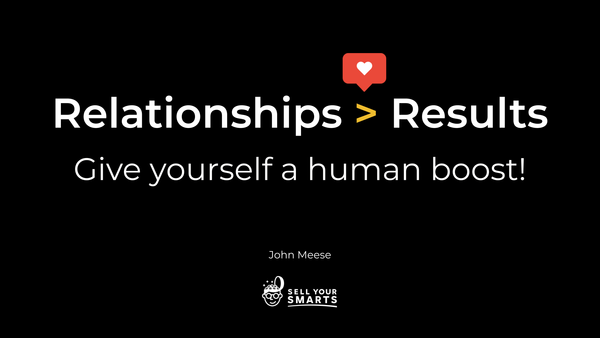How to Build up Advisors

We all need to develop a trusted group of advisors to succeed in life. This support group builds you up, challenges you to grow, and is there for you to fall back on in times of need. Between, work, home, and Church, we all have many advisors, but each has different roles.
This is a follow-up to a previous post on the difference between counselors and supporters.
One type of advisor is not inherently better than the other. In fact, you need both types of advisors to succeed! However, the way you build each relationship is very different
Counselors are the advisors that hold you accountable to your vision. You need to be completely transparent with them, and expect constructive criticism, to get the most out of your relationship.
Supporters are those who you rely on for a steady stream of support. You need their support to thrive, and these are the “cheerleaders”, per se, who respond to success stories with increasing levels of support.
Once you know the difference between counselors and supporters, it's important to evaluate how you've been approaching your relationship with each of your advisors, for their sake and yours.
If you are treating your supporters as counselors, you can actually destroy trust, rather than build it. Supporters often expect self-confidence from you in response to their encouragement. Because they are often more involved in support from a distance, they need to believe you have what it takes to pursue the vision ahead of you, without their oversight. They're excited to see you reach your goals but wary of setbacks. You need to be diplomatic, though completely honest, with what you share.
If you are treating a counselor as a supporter, and don't appreciate the value of their constructive criticism, you may be sorely disappointed by what you perceive as ebb-and-flow encouragement. There's also a chance you may push them away by treating them as a supporter if they perceive that you expect something out of them without letting them in “behind-the-scenes.” Sometimes counselors are willing to do much more than give advice. I've seen counselors step in and pull someone out of a rut when need be many times, we just have to learn to let them in.
In my experience, it is possible to get support from a counselor, or counsel from a supporter, but the relationship has to be built first. For the relationship to begin, you have to treat each advisor as either a supporter or a counselor and build from there.
Question: Have you ever miscommunicated with a supporter because you thought about them as a counselor (or vice-versa)?





